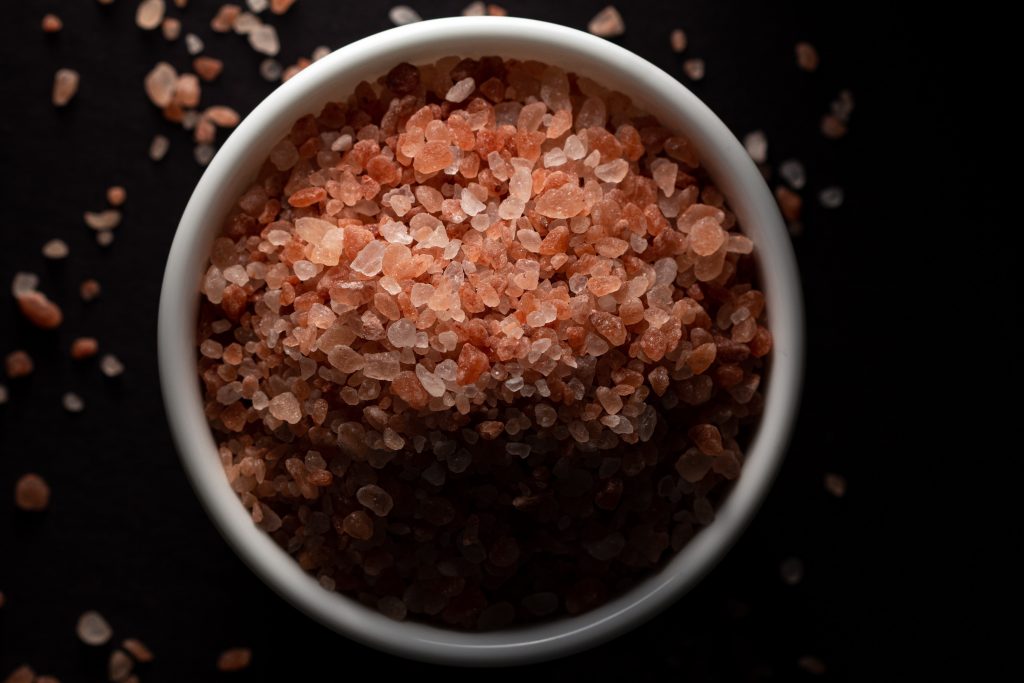
Properly regulated electrolyte balance is essential to maintaining body function. And while many of us recognize the importance of electrolytes when it comes to strenuous activities that make us sweat, these ions have many other functions in the body that are essential to life. But what exactly are they and why are they so important? Keep on reading to learn all about it!
So . . . What are they?
Electrolytes are certain minerals including sodium, potassium, calcium, magnesium and chloride1 that are capable of carrying either a negative or positive electric charge. Electrolytes carry their charge when dissolved in water, which allows them to help carry out chemical reactions within our bodies. These reactions help maintain the body’s fluid balance and hydration levels.
What do they do?
Muscle Function: Muscle function depends on the presence of specific electrolytes in muscle tissues. For muscles to contract, proper amounts of calcium, sodium, and potassium ions must be present. These charged particles enter and exit your muscle cells through structures called “ion channels” located across the cell muscle membrane. When your body is depleted of these electrolytes due to losses in sweat and respiration sometimes painful muscle contractions (aka cramps), along with varying degrees of muscle weakness may occur.2
Skeletal muscles that you use to move your body aren’t the only type of muscles you have however. Cardiac muscle in the heart, and smooth muscle in the intestine also rely on electrolytes to operate effectively. Your heartbeat and your digestive processes aren’t actions you can directly control, but your body uses these charged particles to aid in maintaining these functions as well.2
Nervous System Function: The neurons in your body carry signals to and from your brain at high speeds to control your senses, movement, thoughts, etc. These various types of neurons also rely on the presence of electrolytes to operate and move signals throughout the body. Like muscle cells, neuronal action is controlled by the activity of charged particles across its cell membranes.3
Proper Hydration: Maintaining the proper balance of hydration is essential for optimal function at the body’s intracellular level.. Electrolytes help ensure that your cells can maintain the proper balance of water inside and outside each cell.4
Maintaining pH Levels: pH levels measure how acidic or alkaline an environment is. Ideally our blood pH level stays around 7.4 – which is just slightly basic. Electrolyte balance within the body helps moderate our blood pH to this ideal level.5
Balance In Your Body
Electrolyte imbalance is typically caused by dehydration. Dehydration can easily occur in very dry environments, warm weather, after exercise, when we are ill or simply by forgetting to consume enough liquid throughout the day. In order to help ensure proper balance, it may help to consume electrolyte replacement beverages, such as AdvoCare® Rehydrate.
A healthy diet and consuming appropriate amounts of water are also key to maintaining proper electrolyte balance within your body. A great way to monitor your overall hydration levels is to monitor your thirst and check your urine color. If you’re thirsty, it can be a signal that your body is already dehydrated. Ideally, your urine should also be a colorless or light yellow.6
Cheers to staying hydrated this summer, y’all! To learn more about hydration, read Hydration: Is Water Enough?
Sources:
1 West, H. (2018, October 24). Electrolytes: Definition, functions, imbalance and sources. Healthline. Retrieved June 6, 2022, from https://www.healthline.com/nutrition/electrolytes
2 Koonce, R. C. (2022, March 31). The essential role of electrolytes in skeletal muscle contraction: More than just cramp prevention. First Endurance. Retrieved June 6, 2022, from https://firstendurance.com/essential-role-electrolytes-skeletal-muscle-contraction-just-cramp-prevention
3 Tremblay, S. (2018, December 6). Electrolytes & The Brain. Healthy Eating | SF Gate. Retrieved June 8, 2022, from https://healthyeating.sfgate.com/electrolytes-brain-2895.html
4 Allison S. (2004). Fluid, electrolytes and nutrition. Clinical medicine (London, England), 4(6), 573–578. https://doi.org/10.7861/clinmedicine.4-6-573
5 Hamm, L. L., Nakhoul, N., & Hering-Smith, K. S. (2015). Acid-Base Homeostasis. Clinical journal of the American Society of Nephrology : CJASN, 10(12), 2232–2242. https://doi.org/10.2215/CJN.07400715
6 Kostigen, T. M. (2015, August 8). Staying hydrated is about more than just drinking water. USA Today. Retrieved June 8, 2022, from https://www.usatoday.com/story/news/nation/2015/08/06/staying-hydrated-more-than-just-drinking-water/31220705/





